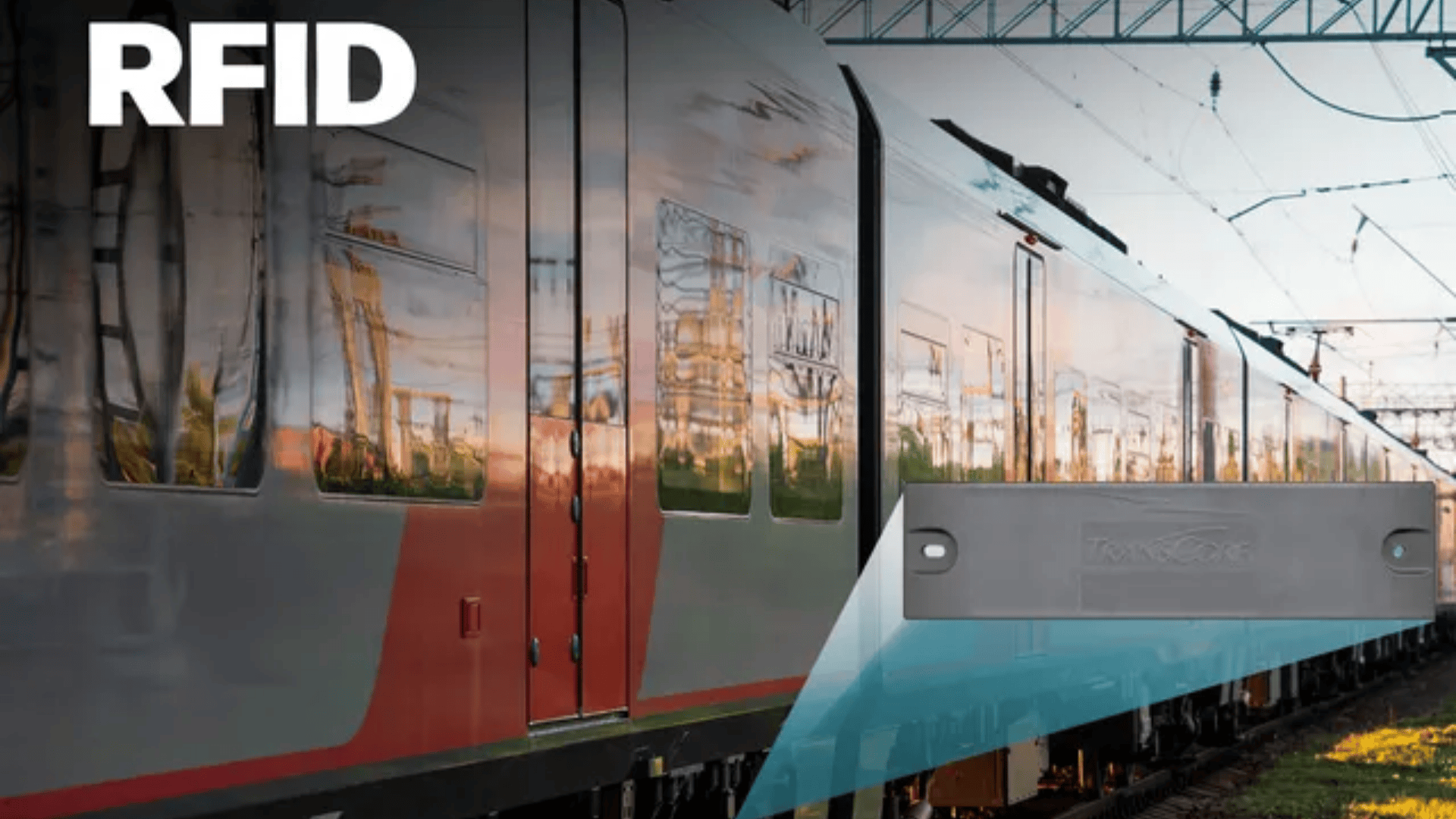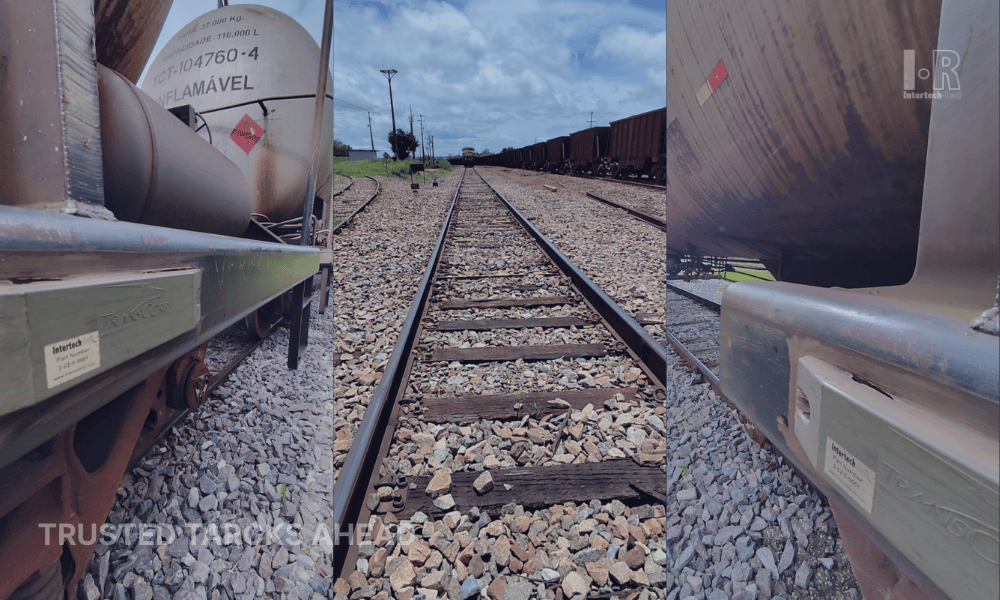RFID in Rail: The Evolution From AMTEC to TransCore
How RFID Technology Transformed Railcar Identification and Tracking

Radio-frequency identification (RFID) technology has transformed the landscape of modern industry, revolutionizing the way we track, manage, and interact with objects and assets. From its humble beginnings at organizations like AMTEC and Los Alamos National Laboratory to its widespread adoption by industry leaders like TransCore, the history of RFID is a testament to human ingenuity and the relentless pursuit of technological advancement.
The Birth of RFID: AMTEC and Los Alamos
The roots of RFID can be traced back to the early experiments conducted by organizations like the Automatic Measurement and Control (AMTEC) division of Stanford Research Institute (SRI) International and the Los Alamos National Laboratory in the late 1960s and early 1970s. These pioneering efforts laid the groundwork for the development of RFID technology by exploring concepts such as remote identification and data transmission using radio waves.
At Los Alamos, researchers explored the potential applications of RFID for tracking and monitoring nuclear materials and assets. Their work led to the development of early RFID systems capable of wirelessly identifying and tracking objects using radio waves.
Similarly, AMTEC's endeavors focused on leveraging RFID technology for industrial and military applications, paving the way for the integration of RFID into supply chain management, logistics, and asset tracking.
The Evolution of TransCore: Pioneering RFID Solutions
As RFID technology continued to mature, companies like TransCore emerged as pioneers in the field, driving innovation and expanding the capabilities of RFID systems. Founded in 1994, TransCore quickly established itself as a leading provider of transportation technology solutions, with a particular focus on RFID-based applications for the transportation industry.
TransCore's contributions to RFID technology have been multifaceted, encompassing a wide range of applications such as electronic toll collection (ETC), vehicle identification, and asset tracking. One of its most significant achievements has been the development of RFID-based tolling systems, which have revolutionized the way toll roads and bridges collect tolls, improving efficiency and reducing congestion.
In addition to its work in transportation, TransCore has also been instrumental in advancing RFID technology for other industries, including healthcare, manufacturing, and retail. Its comprehensive suite of RFID solutions caters to diverse needs, offering scalable and customizable options for businesses of all sizes.
RFID Today: A Ubiquitous Technology
Today, RFID technology has permeated virtually every aspect of modern life, from retail and logistics to healthcare and security. Its ability to provide real-time visibility and control over assets has made it indispensable in industries where efficiency and accuracy are paramount.
In retail, RFID tags enable inventory management and supply chain optimization, allowing retailers to track the movement of products from the factory floor to the point of sale. In healthcare, RFID-enabled patient tracking systems enhance safety and security, ensuring that patients receive the right care at the right time.
Looking ahead, the future of RFID holds even greater promise, with ongoing advancements in technology driving innovation and unlocking new possibilities. From the development of smaller, more cost-effective RFID tags to the integration of RFID with other emerging technologies like IoT and
AI, the potential for
RFID to shape the future of industry and society is limitless.




